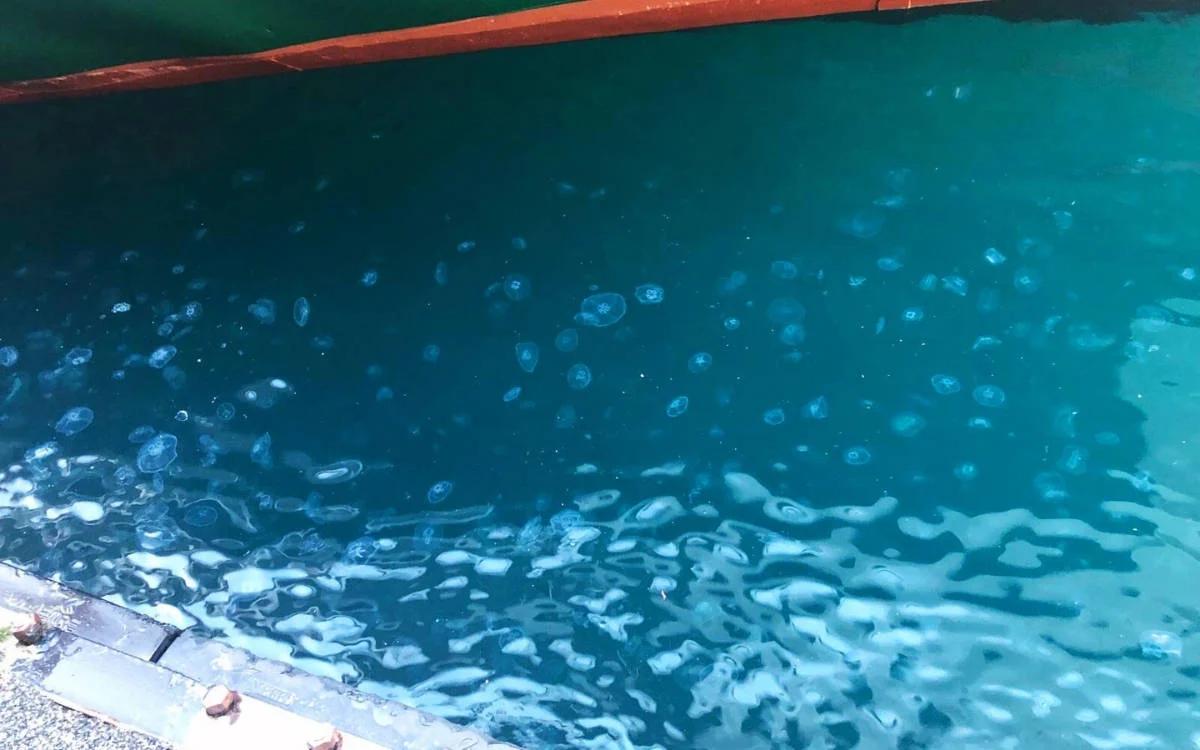A research led by scientists at İstanbul University has identified a significant increase in jellyfish population in the Marmara Sea, especially around the coasts of İstanbul and in the bays.
The project titled "Causes and Consequences of Jellyfish Increases in the Marmara Sea," initiated by İstanbul University's Faculty of Aquatic Sciences and the Ministry of Environment, Urbanization, and Climate Change, conducted research in the Marmara Sea aboard the "R/V Yunus-S" ship.
Divers conducted underwater observations in the Marmara Sea, collecting samples for analysis. Additionally, jellyfish samples from different depths were obtained and examined.
Prof. Dr. Melek İşinibilir-Okyar, Dean of İstanbul University's Faculty of Aquatic Sciences, spoke to Anadolu Agency, noting that jellyfish have the ability to utilize adverse changes in the ecosystem for their benefit and have been successful in survival.
“Massive stocks” of jellyfish
Okyar continued her statement:
"Jellyfish increases are now occurring in every season. Triggered by global warming, jellyfish have shown an excessive increase in the last 20-30 years. Despite it being winter in the Marmara Sea, the water temperature was measured at around 20 degrees. This temperature rise triggers the reproductive activities of jellyfish. In recent years, we observe a dense increase in jellyfish not only across the entire Marmara Sea but particularly along the coasts of İstanbul and in the bays.
"When jellyfish overpopulate, they eventually start to disintegrate as they die. This leads to a deterioration in water quality and changes in the functioning of the ecosystem. Additionally, by conducting dives, we identified where they congregated, especially in the 5-10 meter range. We found that jellyfish are more abundant between 5 meters and 10 meters deep, despite being sporadically visible on the water's surface. In reality, jellyfish, appearing scattered on the surface, possess massive stocks at depths of 5 meters."
Okyar mentioned that these harmful organisms to the marine ecosystem are consumed as food in the Far East. She added that they are working on obtaining products that will benefit the economy from jellyfish. (TY/VK)






